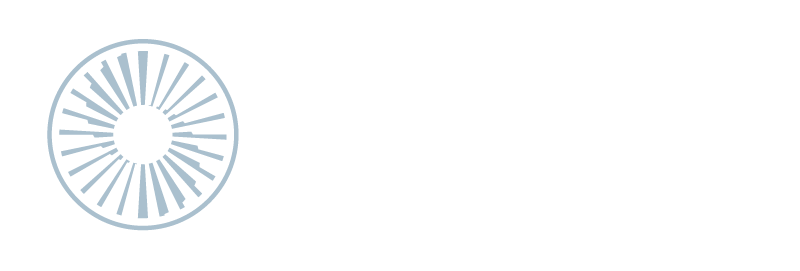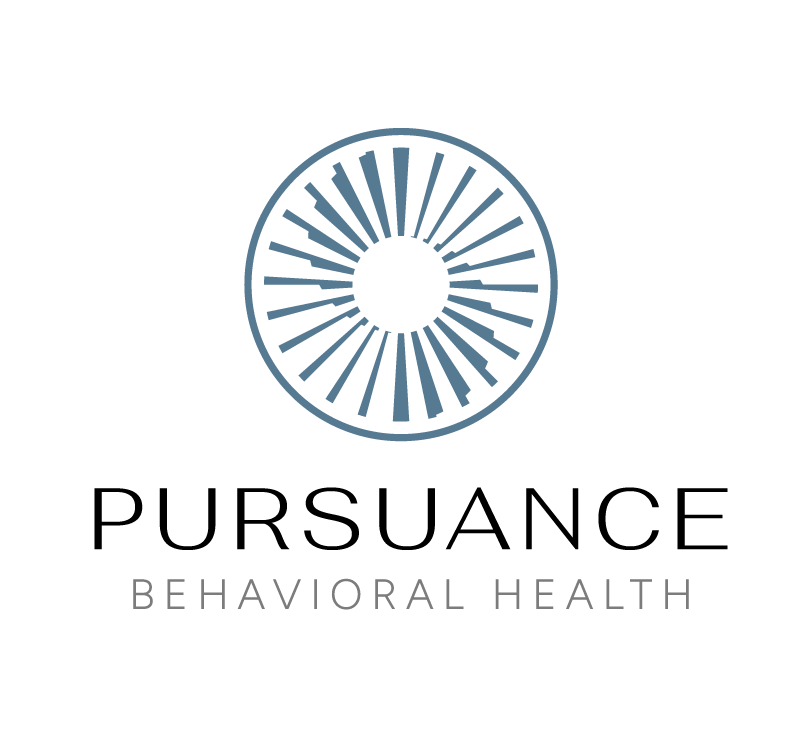When it comes to mental health and the journey toward healing, two profound yet often misunderstood emotions can significantly impede progress: shame and guilt. Understanding the role these emotions play in our mental health is crucial if we are to overcome them and foster lasting recovery. The Difference Between Shame and Guilt First, it is …
When it comes to mental health and the journey toward healing, two profound yet often misunderstood emotions can significantly impede progress: shame and guilt. Understanding the role these emotions play in our mental health is crucial if we are to overcome them and foster lasting recovery.
The Difference Between Shame and Guilt
First, it is essential to differentiate between shame and guilt, as they are often used interchangeably. However, these emotions are fundamentally different.
- Guilt: This emotion arises when you believe you have done something wrong. It’s the conscience’s way of guiding our actions based on moral and ethical frameworks. Guilt can sometimes be constructive; motivating us to learn from our mistakes and improve our behavior.
- Shame: Unlike guilt, which is linked to actions, shame makes us feel fundamentally flawed as individuals. It leads us to believe that there is something inherently wrong with who we are. This feeling of worthlessness can be deeply damaging and far harder to overcome than guilt.
The Impact of Shame on Mental Health
Shame’s impact on mental health can be devastating. When you are consumed by shame, it affects:
- Self-Esteem: Shame corrodes the very part of you that believes you are capable of change. It eats away at your self-worth, making it challenging to move forward positively.
- Resilience: The ability to bounce back from setbacks is crucial in the healing journey. Shame, by fostering feelings of inadequacy, diminishes resilience and makes recovery a steeper hill to climb.
- Social Connections: Relationships often suffer because shame can lead to social withdrawal. The fear of being “found out” or judged keeps you isolated and lonely.
A 2019 study published in Clinical Psychology Review states that shame is a significant predictor of a range of mental health issues, from depression to anxiety and PTSD (source). It affects how you interact with the world and perceive your place within it.
How Guilt Can Be Both Helpful and Harmful
When managed correctly, guilt can serve as a motivator for change. It signals when you have acted against your moral principles and can prompt corrective actions. However, when it becomes excessive, guilt can be as harmful as shame.
Constructive Guilt
- Learning and Growth: Realizing you have made a mistake can be the first step to mending your ways. Acknowledging guilt and addressing it in a constructive manner can lead to personal growth.
- Empathy and Relationships: Guilt can fortify relationships by encouraging honesty and empathy. By owning up to your mistakes, you can build deeper, more meaningful connections.
Destructive Guilt
- Paralysis: If guilt is excessive or unresolved, it can paralyze you. You might become stuck in a loop of regret, which hinders the healing process.
- Mental Health Burden: Like shame, excessive guilt is a heavy mental load. It has been linked to anxiety, depression, and a higher risk of suicide.
Breaking Free: The Path to Healing
Understanding the detrimental impact of shame and guilt is the first step toward healing. Here are some ways to mitigate these emotions and foster a healthier mindset.
Self-Compassion
Self-compassion is an invaluable tool on the journey to recovery. It involves:
- Self-Kindness: Treat yourself with the same kindness and understanding you would offer a friend.
- Mindfulness: Maintain a balanced approach to negative feelings. Acknowledge them without letting them define you.
- Common Humanity: Remember that everyone makes mistakes. You are not alone in your struggles.
Therapy
Engaging in therapy can be transformative. Therapists provide a safe space to explore the roots of your shame and guilt. Various therapeutic approaches like Cognitive Behavioral Therapy (CBT) and Emotional Freedom Techniques (EFT) can be effective in addressing these deep-seated emotions.
Building a Support Network
Isolation can exacerbate feelings of shame and guilt. Surround yourself with supportive, understanding individuals who can offer different perspectives and emotional support.
Pursuance Behavioral’s Approach
At Pursuance Behavioral, we understand that each individual’s journey is unique, and so is their struggle with shame and guilt. Our inpatient treatment programs in Massachusetts offer a compassionate and structured environment where you can delve deeply into the root causes of your emotional pain.
Take Control of Your Healing Journey
You don’t have to let shame and guilt dictate your life. Taking the courageous step to seek help is the first move towards reclaiming your mental well-being and peace of mind. At Pursuance Behavioral, we offer specialized inpatient mental health treatment programs designed to support you through every phase of your healing journey.
Ready to take the next step? Contact us today to learn more about how we can help you break free from the chains of shame and guilt. Your path to healing and transformation starts with us.
To learn more about Pursuance Behavioral’s inpatient mental health treatment programs in Massachusetts and to take the first step towards a healthier, happier you, visit our website or call us for a consultation today. Together, we can build a brighter future.













